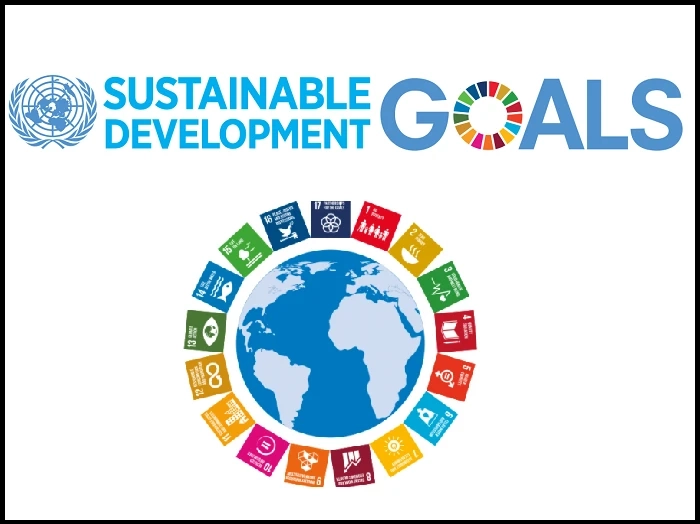1. Silver Oak
Wine company Silver Oak is committed to sustainability. It has LEED (Leadership in Energy and Environmental Design) Platinum Certification for its flagship vineyards in Napa Valley and Alexander Valley.
The first manufacturing plant to receive Living Building accreditation from the International Living Future Institute is the Silver Oak winery in Alexander Valley (ILFI). California Cabernet Sauvignon which has been matured in American oak has been produced by Silver Oak since 1972.
2. Winery Benziger Family
All Benziger wines have received certification as organic, sustainable, biodynamic, or a combination of the three since 2006. The winery has a strong emphasis on environmentally friendly cultivation practices, such as soil rejuvenation, biodiversity, and integrated pest management (IPM).
The four Benziger wine estates are all biodynamic and Demeter-certified. The company produces its wine using the most advanced organic agricultural techniques.
3. Tablas Creek
The First Regenerative Organic Certified (ROC) vineyard in the country was Tablas Creek Winery. The company adopted the most advanced sustainable development goals in farming practices, emphasizing soil health, animal welfare, biodiversity, fairness for farmworkers, and carbon capture.
A Washington Post piece on carbon farming and how it might enhance soils to help battle climate change featured the eco-friendly wine company.
4. Winderlea
Winderlea Vineyard and Winery is another sustainable development wine company that specializes in Chardonnay and Pinot Noir. The company has Demeter-biodynamic certification and B Corp certification.
The winery selected a Native Energy HelpBuild initiative that will enhance cow grazing habits on 33,000 acres in Montana to help offset their carbon footprint, according to a report from Winderlea's Vintage Journal archives.
5. Fetzer
According to the website for Fetzer Winery, they were the country's first winery to be certified as carbon-neutral. The business runs its facilities with the help of rooftop solar panels, wind, geothermal energy, and other sustainable resources. Using renewable energy, Fetzer was able to conserve enough energy in 2019 to power almost 73 households.
Due to its effective waste management, Fetzer was also the first winery in the world to be TRUE Zero Waste Certified. Most of the garbage produced by Fetzer is recycled or reused.
Many additional wine brands are working toward similar objectives, albeit the six wine brands mentioned above are doing their part to build a greener future for future generations.
To save energy and water, protect the quality of the air and water, maintain healthy soil, and preserve local ecosystems and habitats, many vineyards and wineries, particularly in California, have embraced sustainable development goals and winegrowing practices.
Climate change is already having a severe impact on farmers who grow wine grapes. For wine brands to remain competitive, appeal to the modern customer, and support environmental causes, they may need to give sustainable practices a go and abandon traditional wine production techniques.
In 2022, buy sustainable wine
A growing number of consumers are using their purchasing power to support companies that use sustainable business practices as they become more aware of the harmful effects of climate change.
A specialized area containing organic, biodynamic, or sustainably sourced wine was uncommon to find in supermarkets or liquor stores a decade ago. Environmentally conscious wine drinkers can now locate sustainable development wines with ease. Think about purchasing wine from some of the above-mentioned brands.
0


